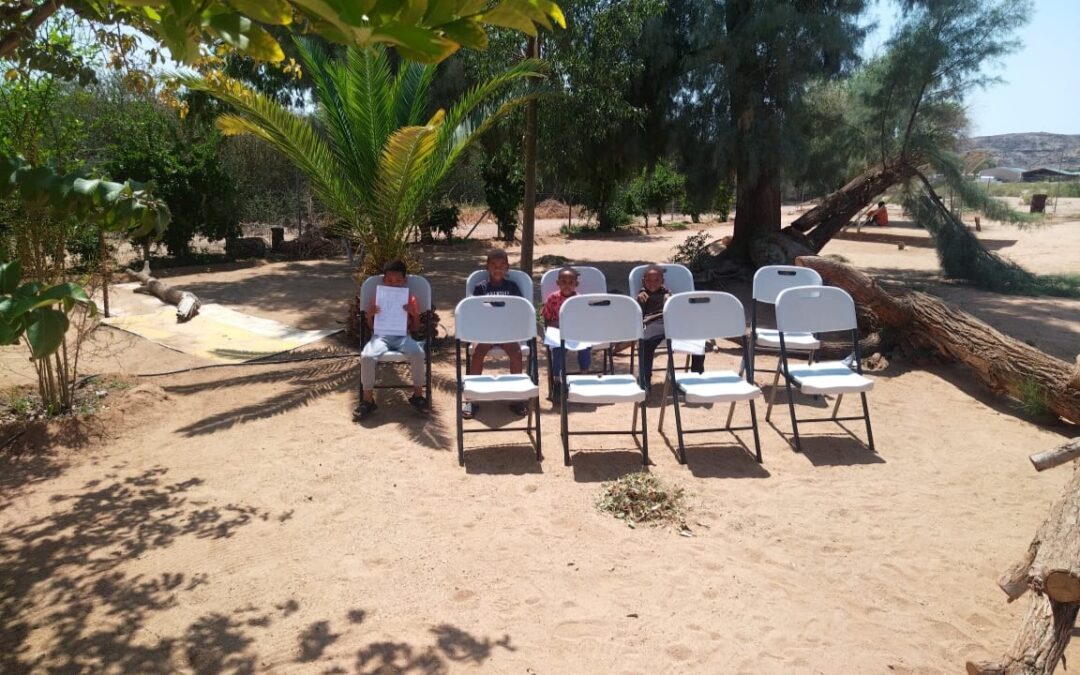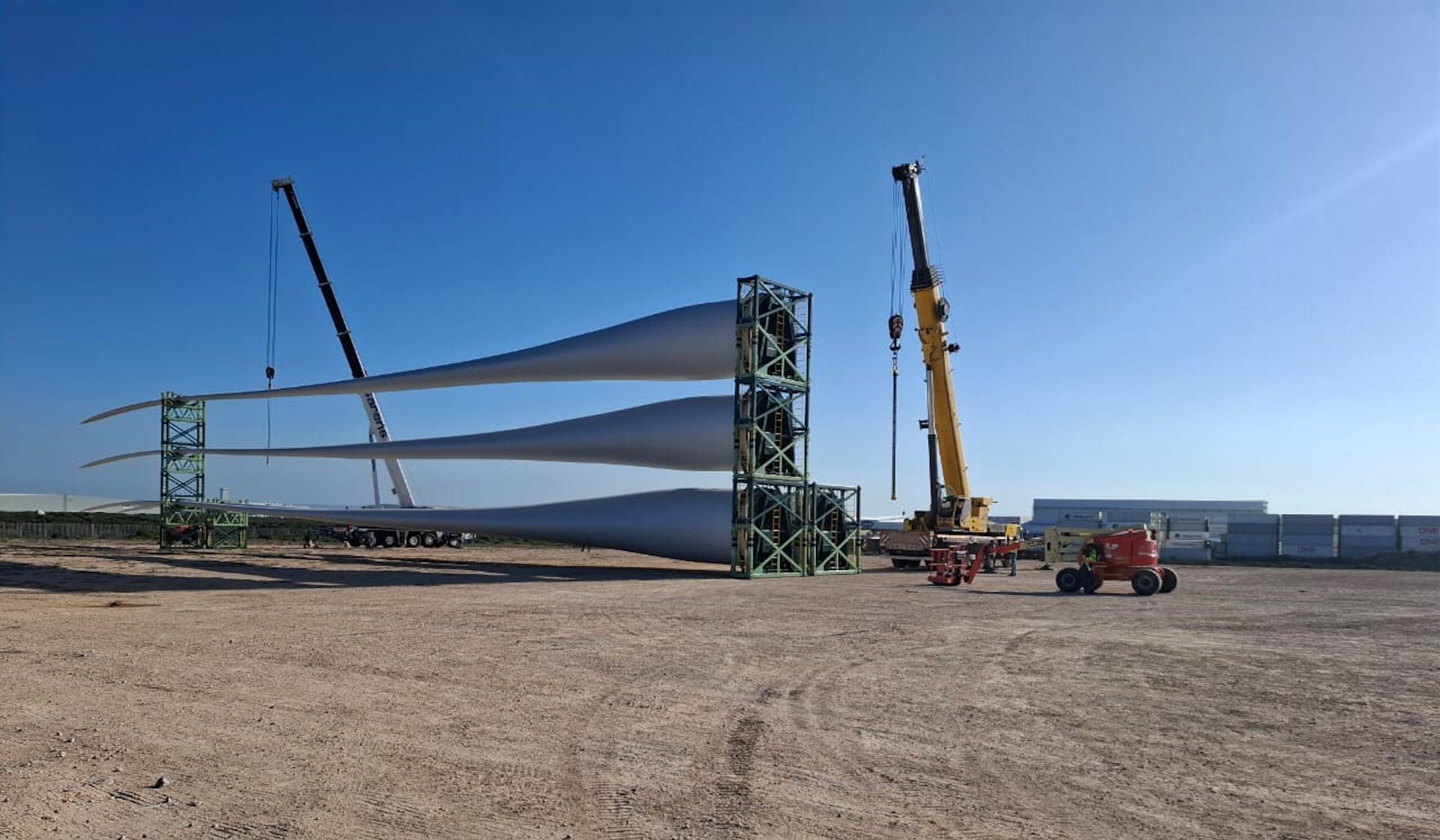For the past two years, a mobile healthcare programme has been underway to provide health services to 5,000 residents in the Khai-Ma municipal area of the Northern Cape. Aimed at strengthening healthcare in Pofadder and the surrounding communities, the initiative addresses critical resource and staffing gaps while empowering community members to take greater control of their health.
Funded by Aggeneys and Konkoonsies II Solar Energy Facilities, the programme is implemented in partnership with the Department of Health and Innovo Mobile Healthcare. Launched in 2023, it delivers primary healthcare services to remote communities and schools.
The programme addresses the urgent needs of the area, including limited resources for a comprehensive school health programme, shortages of healthcare staff for vaccination campaigns and elderly care visits, and insufficient time for health education and psychosocial support for at-risk learners.
The mobile truck is stationed mainly in Pofadder but travels to the other communities daily to conduct screening at the schools or the local clinics. Through quarterly visits, the mobile unit serves schools and communities across Khai-Ma, with screenings conducted over three to 10 days at each location.
The mobile healthcare unit is designed to bridge healthcare gaps, offering essential services. These include primary healthcare screenings for chronic and general health issues; optometry screenings and glasses for individuals with impaired vision; dental care, including scaling for learners and extractions for community members; wellness screenings, such as blood pressure, cholesterol, and glucose testing; and health education campaigns promoting wellness and water safety.
Jeremy Prins, Social Performance Co-ordinator for Aggeneys and Konkoonsies II Solar, explained the programme’s importance: “The intended impact of this initiative is to ensure that no one in the Khai-Ma region is denied quality healthcare due to distance or resource constraints. These mobile clinics bring critical services directly to the people, improving access to health and promoting early diagnoses.”
The programme was developed through extensive stakeholder engagement, involving the Department of Health, local municipalities, principals, and community members. It is guided by local healthcare needs and supported by the Department of Health’s regulatory and logistical frameworks.
Genell Peddy, Department of Health Area Manager, echoed the programme’s significance.
“This initiative is bringing hope to the community of Khai-Ma by providing services directly to our people’s doorsteps. It positively impacts healthcare by reaching remote areas and supporting schools in the catchment area.”
By addressing these challenges, the mobile healthcare programme is creating a lasting impact on the well-being of residents and setting a foundation for improved health outcomes in the region.


